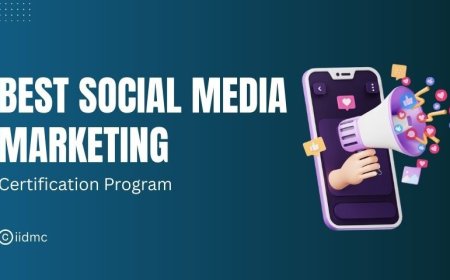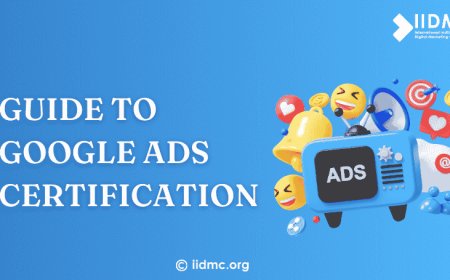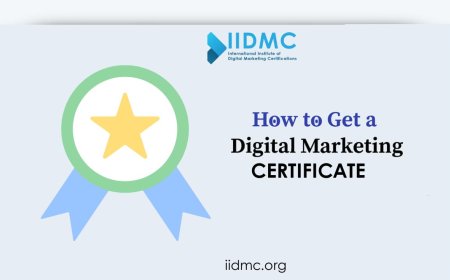The Role of Social Media in Digital Campaigning
Explore the vital role of social media in digital campaigning, highlighting its ability to engage audiences, amplify messages, and facilitate real-time communication. Learn how leveraging social media can enhance outreach and drive meaningful results for your campaigns.
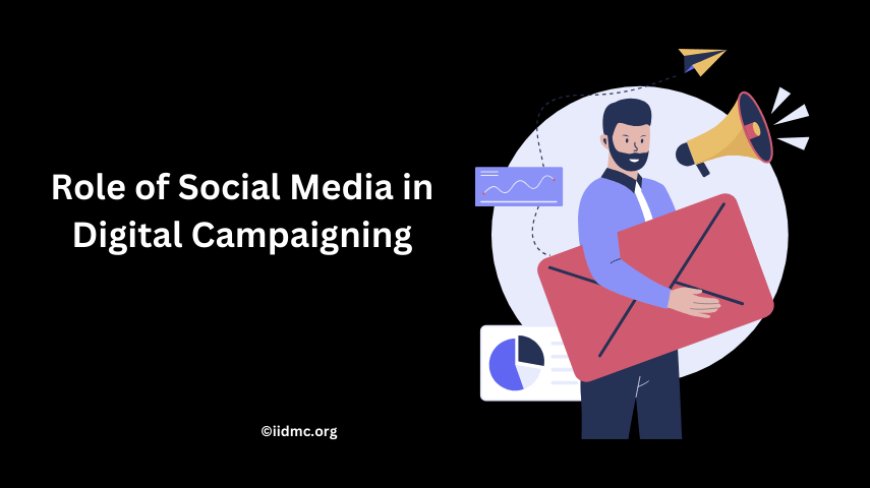
Social media has transformed the environment of digital campaigning, offering unparalleled opportunities to connect with diverse audiences. Whether it's raising awareness, engaging followers, or improving conversions, platforms like Facebook, Instagram, and Twitter have become essential tools for running effective campaigns. Through targeted ads, content sharing, and real-time engagement, social media enables campaigns to precisely reach specific demographics. In today’s digital era, understanding the role of social media is crucial for crafting campaigns that resonate and improve meaningful results across various sectors.
The Importance of Social Media in Modern Campaigning
Social media plays a crucial role in modern campaigning, providing a direct and powerful way to engage with audiences. Platforms like Facebook, Instagram, and Twitter offer unparalleled access to targeted demographics, allowing campaigns to tailor messages, gather real-time feedback, and foster community interaction. Social media also amplifies campaign reach through organic shares and paid advertising, making it a cost-effective way to maximize visibility. By using the viral nature of these platforms, campaigns can quickly spread messages, mobilize supporters, and drive actions, making social media an essential tool in today’s campaigning strategies.
Evolution of Digital Campaigning
Digital campaigning has undergone a significant transformation, evolving from traditional methods to harnessing the power of social media and mobile technology. Initially, campaigns relied heavily on print media, television, and radio to reach their audiences. While these methods still hold value, the advent of the internet introduced new possibilities, leading to the emergence of digital platforms as primary channels for communication.
Shift to Social Media
The rise of social media platforms like Facebook, Instagram, and Twitter revolutionized how campaigns connect with constituents. Unlike traditional methods, social media allows for more personalized interactions and real-time feedback. Campaigns can create targeted Google ads and content that resonate with specific demographics, enabling a more engaging and participatory experience. This shift has democratized campaigning, allowing individuals to voice their opinions and influence public discourse, ultimately shaping the narrative around issues and candidates.
Rise of Mobile Devices and Real-Time Engagement
The proliferation of mobile devices has further accelerated the evolution of digital campaigning. With the majority of users accessing social media and websites via smartphones, campaigns have adapted to ensure their content is mobile-friendly. This shift has fostered real-time engagement, allowing campaigns to respond swiftly to current events and audience feedback. Instant notifications, live streaming, and interactive content have become essential components of modern digital strategies, enabling campaigns to keep their audiences informed and involved.
The evolution of digital campaigning reflects a significant shift from traditional methods to dynamic, interactive platforms, driven by social media and mobile technology. This transformation has created new opportunities for engagement, personalization, and responsiveness, fundamentally changing the world of political and commercial campaigning.
Key Benefits of Social Media in Campaigning
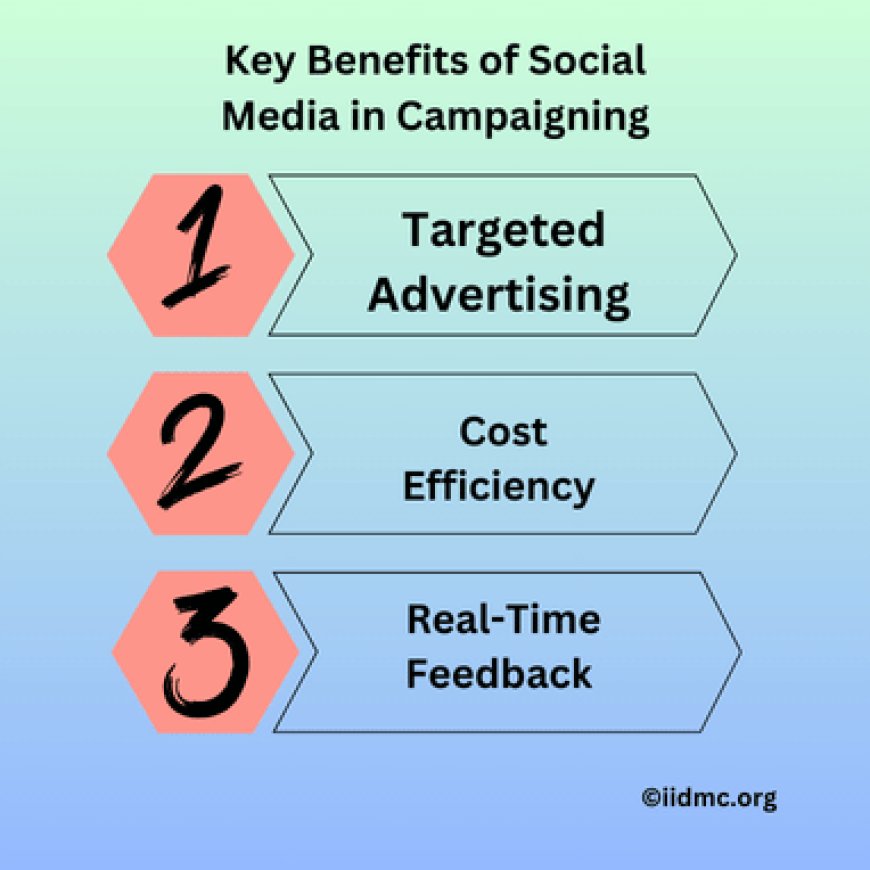
1. Targeted Advertising
Social media platforms offer sophisticated targeting options that enable campaigns to reach specific demographics with precision. Advertisers can tailor their messages based on various criteria such as age, location, interests, and online behavior. This targeted approach ensures that campaign messages are delivered to the most relevant audiences, maximizing engagement and conversion rates.
2. Cost Efficiency
Digital campaigns on social media are often more cost-effective compared to traditional media campaigns. While television, radio, and print advertising can be prohibitively expensive, social media platforms provide a range of advertising options that fit various budgets. Even small businesses or grassroots movements can launch effective campaigns without significant financial investment, making social media accessible to a wider range of campaigns.
3. Real-Time Feedback
One of the standout features of social media is the ability to communicate and engage with followers in real time. Campaigns can instantly receive feedback on their messages, gauge public sentiment, and adapt strategies accordingly. This level of engagement fosters a sense of community, allowing supporters to interact directly with campaigns and participate in discussions, which can enhance loyalty and advocacy.
The key benefits of social media in campaigning—targeted advertising, cost efficiency, and real-time feedback—empower campaigns to be more effective and responsive in today's dynamic digital world.
Popular Social Media Platforms for Campaigns
1. Facebook
Facebook remains one of the most widely used platforms for both political and brand campaigns. With its vast user base, it allows campaigns to reach a diverse audience through targeted advertising and organic posts. Facebook's features, such as event creation, groups, and live streaming, enable campaigns to grow community engagement and discussions. Additionally, the platform's strong analytics tools help campaigns assess performance and adjust strategies in real time.
2. Instagram
Instagram excels in visual storytelling, making it an ideal platform for campaigns focused on engaging audiences through eye-catching imagery and videos. The platform's emphasis on aesthetics allows brands and political figures to showcase their personalities and values creatively. Features like Stories, Reels, and IGTV provide opportunities for deeper engagement, enabling campaigns to connect with younger demographics who prioritize visual content.
3. Twitter
Twitter is known for its real-time updates and trending conversations, making it a powerful tool for campaigns looking to engage in immediate discussions. The platform's fast-paced nature allows campaigns to share news, respond to public sentiment, and participate in trending topics quickly. Hashtags play a crucial role in increasing visibility and encouraging conversations around specific issues or events, making Twitter an essential platform for timely outreach and engagement.
Facebook, Instagram, and Twitter each offer unique advantages for campaigns, enabling effective outreach, engagement, and community building in the digital world.
Strategies for Effective Social Media Campaigning
1. Building a Strong Social Media Presence
Establishing a robust social media presence is fundamental for successful campaigning. This involves creating and optimizing profiles across relevant platforms, ensuring consistent branding and messaging. Regularly engaging with followers through posts, stories, and direct messages grows a sense of community and trust. Utilizing analytics tools to monitor performance can help campaigns identify what works and refine their strategies over time.
2. Crafting Content That Resonates with the Target Audience
Content is at the heart of any successful social media campaign. Understanding the target audience's preferences, interests, and pain points is crucial for crafting messages that resonate. This can involve using various formats—such as videos, infographics, and blog posts—to keep content engaging and diverse. Storytelling techniques can also be employed to create emotional connections, making the audience more likely to share and interact with the campaign.
3. Using Influencers and Partnerships to Amplify Reach
Collaborating with influencers and strategic partners can significantly amplify a campaign's reach. Influencers, who have established trust and credibility within specific niches, can help promote the campaign to their followers, extending the message to a broader audience. Forming partnerships with organizations or brands that align with the campaign's values can also enhance visibility and credibility, creating a synergistic effect that benefits all parties involved.
Effective social media campaigning requires a strong presence, resonant content, and strategic collaborations, enabling campaigns to connect with audiences meaningfully and improve engagement.
Challenges in Social Media Campaigning
1. Dealing with Misinformation and Managing Public Sentiment
One of the primary challenges in social media campaigning is the prevalence of misinformation. False narratives can spread rapidly, undermining a campaign's credibility and damaging its message. Campaigns must actively monitor discussions and be prepared to address inaccuracies swiftly. Managing public sentiment is crucial. Negative feedback or backlash can escalate quickly on social media, requiring campaigns to implement effective crisis communication strategies to mitigate damage and restore trust.
2. Platform Algorithm Changes Affecting Reach
Social media platforms frequently update their algorithms, which can significantly impact the visibility of campaign content. These changes can alter how posts are prioritized in users' feeds, often reducing organic reach and requiring campaigns to invest more in paid advertising to maintain visibility. Staying informed about algorithm updates and adapting content strategies accordingly is essential for maximizing engagement and ensuring that the campaign reaches its intended audience.
Social media campaigning presents challenges such as misinformation and fluctuating platform algorithms, necessitating proactive strategies to protect credibility and maintain reach.
Social media plays a crucial role in modern digital campaigns by enabling direct engagement, targeted messaging, and community interaction. Platforms like Facebook, Instagram, and Twitter allow campaigns to quickly adapt, respond to public sentiment, and expand their reach through partnerships and influencers. This dynamic environment helps brands and political figures connect effectively with their audiences.
To achieve successful campaign outcomes, it’s essential to use social media tools wisely. Staying informed about best practices and challenges, such as misinformation and algorithm changes, can make a significant difference. Institutions like IIDMC (International Institute of Digital Marketing and Certification) provide valuable resources and training to help individuals improve their skills in digital campaigning, ensuring they can navigate the complexities of social media effectively.



























